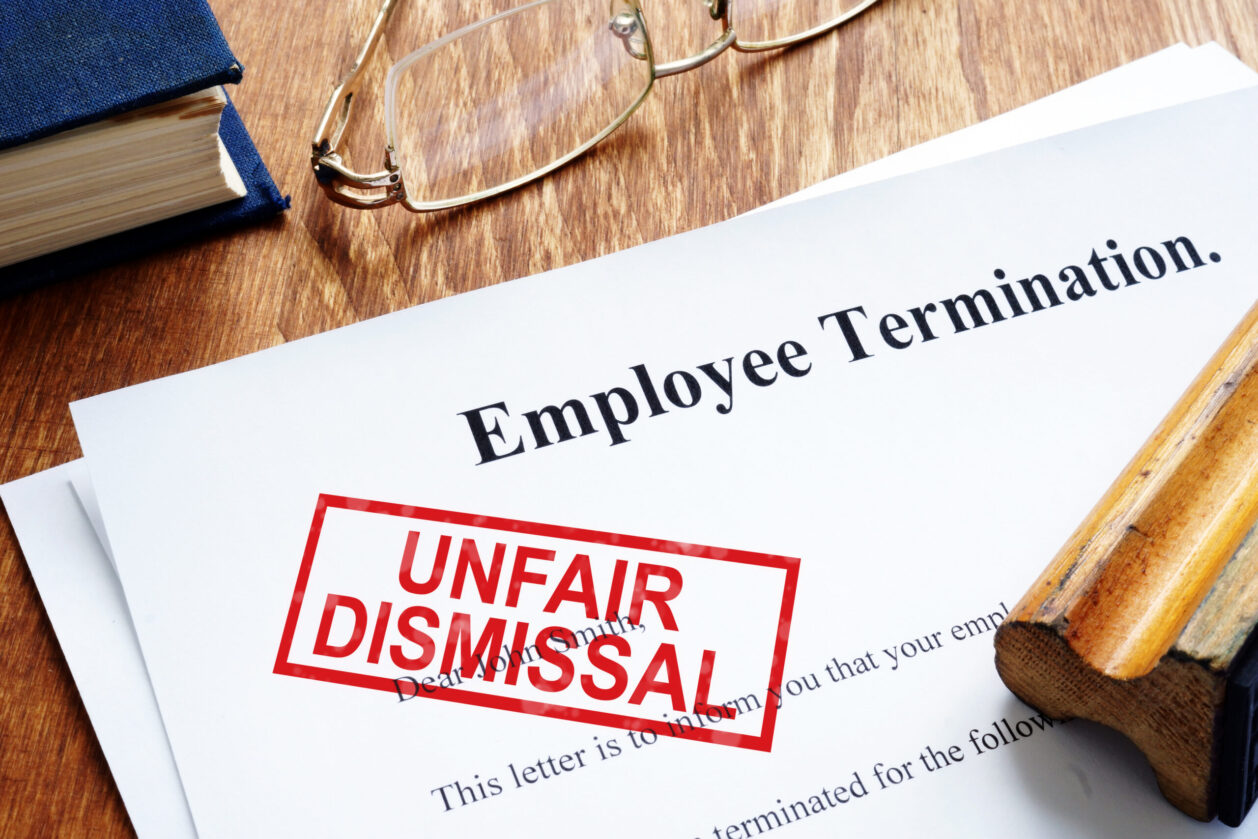The regular influenza season is upon us, and as an employer, you're likely to see some of your workers take one or two sick days to avoid infecting colleagues and to recover. Make sure you know what your and your employees' obligations are.
At any time of year, but particularly right now, employers should be aware of the relevant statutory entitlements available to employees who are sick and how to manage these effectively.
Under the National Employment Standards, employees (except casuals) accrue 10 days of paid personal or carer’s leave for each year of service.
For part-time workers, this accrues on a pro-rata basis. The entitlement will accrue progressively throughout the year.
An employee can access their personal leave if:
- they are unfit for work due to illness or injury; or
- they are providing care or support to a member of their immediate family or household who is affected by illness, personal injury or an unexpected emergency.
Notice and evidence requirements
Employees are obligated to notify their employer as soon as possible if they are accessing personal or carer’s leave, as well as how much leave they expect to take.
An employee must provide evidence that would satisfy a reasonable person that they must access the leave for the reasons above. In most cases, a medical certificate or statutory declaration would generally be considered evidence that would satisfy a reasonable person.
There are situations, however, depending on the circumstances, where other evidence may suffice. For example, if an employee reports they have broken their arm and subsequently comes in with a cast on their arm, this may constitute evidence that would satisfy a reasonable person.
Do we need a personal leave policy?
It is recommended that employers have a personal leave policy that outlines any specific notice and evidence requirements an employee needs to satisfy.
For example, a personal leave policy may state employees are required to provide a medical certificate after a certain number of days, or that the employee needs to contact a specific person when they wish to take personal leave.
If an employee has not complied with the policy, managers should follow up with the employee and request what is required in line with the policy. If an employee continually fails to comply without a valid reason, employers can then formally manage the employee in line with their policy.
Employers should always be careful about taking action against an employee who is taking a period of personal leave, whether paid or unpaid. Therefore, it is crucial to seek advice based on the circumstances of the situation.
CCIWA's Employee Relations Advice Centre is available on 08 9365 7660 or via [email protected] if you require assistance.






